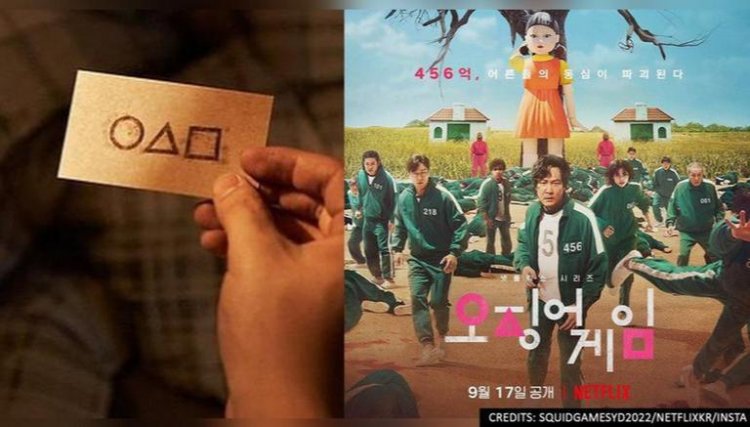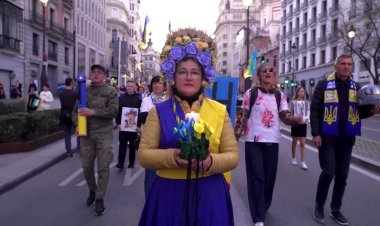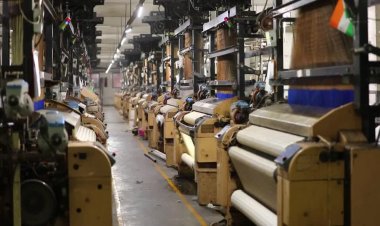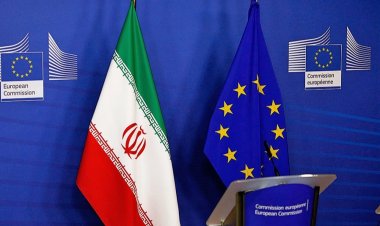UAE's Korean Cultural Center holds 'Squid Game' event
The Korean Cultural Center (KCC) in Abu Dhabi holds an event where participants can join a bloodless, real-life version of the Netflix smash hit "Squid Game". The show blends a tight plot, social allegory and uncompromising violence to create the latest South Korean cultural phenomenon to go global.

Fans of the popular Netflix Korean series, Squid Game in Abu Dhabi were given a chance to experience a real-life 'Squid Game,' sans the murder and bloodshed. The Korean Cultural Center (KCC) in the United Arab Emirates organizing the re-enactment of the games seen in the smash-hit South Korean drama for two teams of 15 participants. The gaming event is scheduled to be held on Tuesday, October 12, in two sessions at the Center's Abu Dhabi office.
According to Korean Cultural Center's event page, four out of six games that are shown in the Korean series will be played during the event. The games include the Red Light Green Light, Dalgona Candy challenges, both of which are spawned trends on TikTok. The players will also be able to try their hands at the Marbles and Ddakji (paper-flipping) games, which are also seen in the K-drama.
However, at the real-life gaming event, instead of $38 million, each winner will be given a customized green tracksuit. Sadly, there is no prize money. The KCC games will be held in two-hour, tournament-style sessions, and the eliminated players will get to watch the rest of the games from the sidelines.
A dystopian vision of a polarized society, Netflix smash hit "Squid Game" blends a tight plot, social allegory and uncompromising violence to create the latest South Korean cultural phenomenon to go global.
It features South Korea's most marginalized, including the deeply in debt, a migrant worker and a North Korean defector, competing in traditional children's games for the chance to win 45.6 billion won ($38 million) in mysterious circumstances.
And losing players are killed.
The juxtaposition of innocent childhood pastimes and terminal consequences -- coupled with high production values and sumptuous set design -- has proved wildly popular around the world.
Within days of its release last month, Netflix's top executive said there was "a very good chance it's going to be our biggest show ever".
It is the latest manifestation of the ever-growing influence of South Korea's popular culture, epitomized by K-pop sensation BTS and the subtitled Oscar-winning movie "Parasite".
Critics say that regardless of its Korean setting, the show's themes and its critique of the ills of capitalism are relevant everywhere -- doubly so with the coronavirus pandemic exacerbating global inequalities -- and are key to its ubiquitous appeal.
"The growing tendency to prioritize profit over the wellbeing of the individual" is a "phenomenon that we witness in capitalist societies all over the world," Sharon Yoon, a Korean studies professor at the University of Notre Dame in the United States, told AFP.
Netflix in February announced plans to spend $500 million this year alone on series and films produced in South Korea.
That has created a vibrant cultural scene whose different forms have established ever larger foreign audiences over the decades.
At first K-dramas became hugely popular with Asian television audiences, before South Korean cinema was garlanded with awards at European festivals, K-pop developed huge fan bases around the world, and "Parasite" took Korean-language film mainstream.
Auteur Bong Joon-ho's Oscar winner is a vicious satire about the widening gap between rich and poor, exploring the meaning of modern-day poverty in what is now the world's 12th largest economy.















